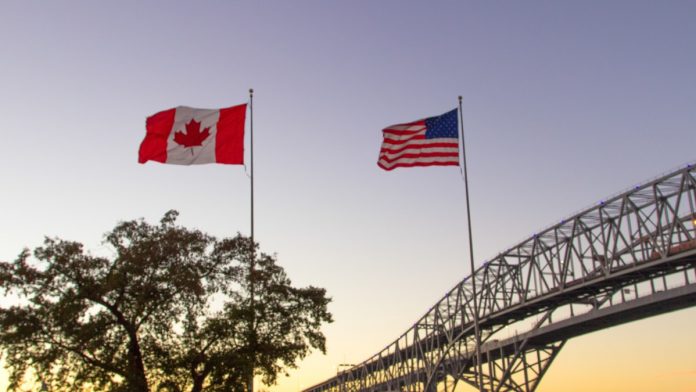Despite hopes that Canada could ease border restrictions, the government has again extended travel restrictions with the USA until July 21.
Parliamentary members and travel industry leaders have been pleading in vain with the government in Canada to re-open the border for non-essential travel at U.S. land borders.
The continued national government position is that Canada will not start easing restrictions until at least 75% of Canadians have been vaccinated. The CBC vaccine tracker shows that 66% of Canadians have received at least one dose, and 17% are fully vaccinated.
Plans to ease travel measures will take a phased-in approach. No date has been set. Canadians still face a mandatory CAD$2,000 (US$1,600) hotel quarantine, three Covid-19 PCR tests, and a 14-day home isolation even if they have been vaccinated. The first province to allow fully vaccinated Canadians back into the country without quarantine but with PCR testing, is Ottawa; others may follow suit.
While urgent medical travel is allowed, most Canadian outbound medical travel is not urgent, while few can meet the restriction that such medical treatment is not available in Canada.
Underlying this is the long-held belief that state healthcare is the norm so most individual health insurance and some private healthcare is not allowed, even under normal circumstances.
Canadian medical tourists mostly go overseas for medical treatment that is cheaper or can be done quicker than on the long state health waiting lists. Neither reason is allowable under the travel ban.
The travel restrictions between Canada and the USA were first imposed in March 2020 in response to the Covid-19 pandemic and have been extended in 30-day increments since then.
One of the biggest questions is how travellers will prove they have received a vaccine. Canada’s heavy reliance on province regulation means that there is no national vaccine passport for Canadians travelling overseas.








 ©2024 All rights reserved LaingBuisson
©2024 All rights reserved LaingBuisson 


